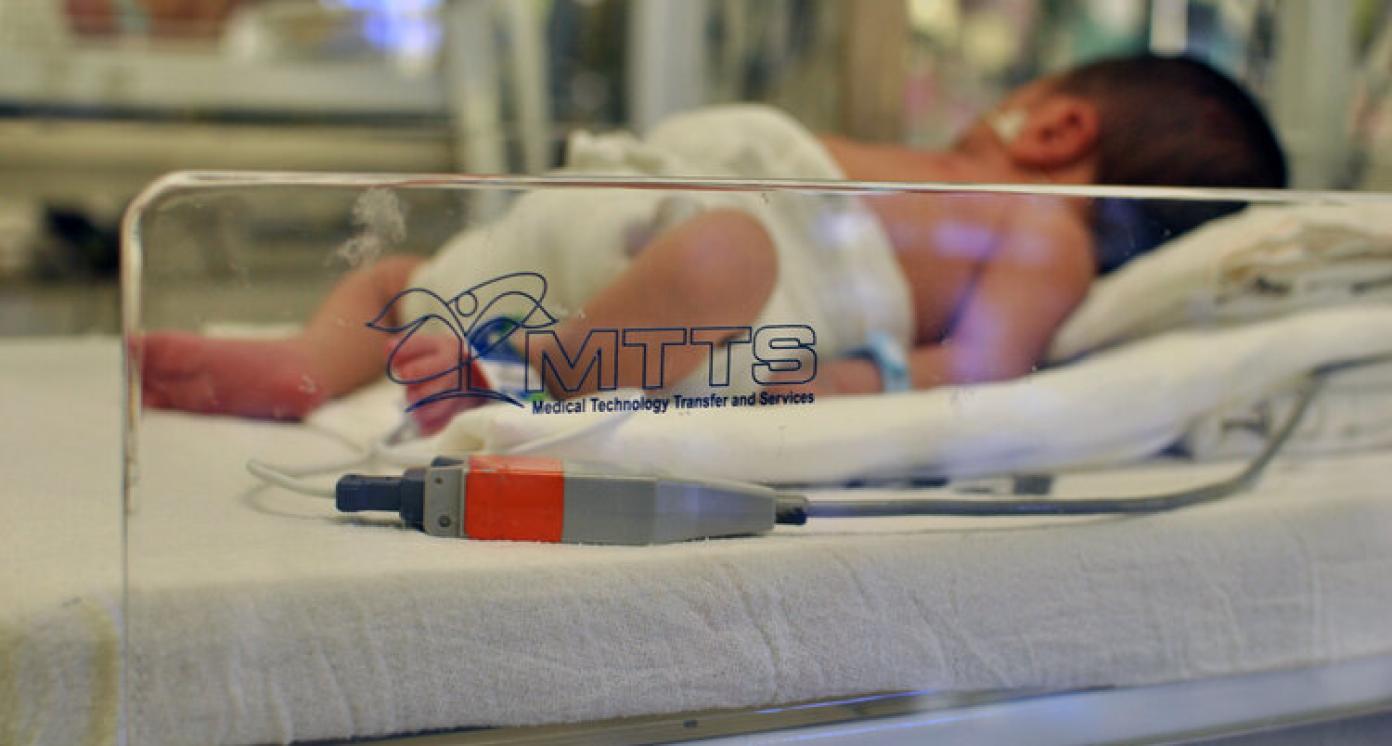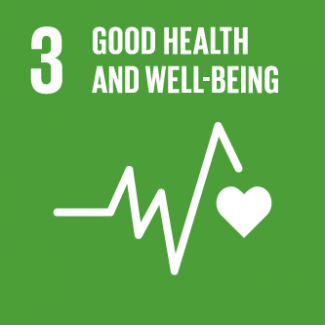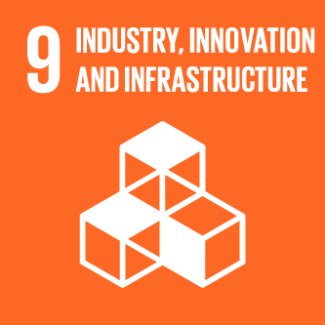Medical Technology Transfer and Services (MTTS) designs, manufactures, sells and delivers equipment for intensive newborn care, which are designed for remote hospitals in low-income communities.
The first 28 days of life (the neonatal period) is considered to be the time when children are most vulnerable to illness and death due to poor medical care and diseases. The United Nations International Children's Emergency Fund (UNICEF) says that in 2017, about 2.5 million children died in 30 days after birth. This can be seen in West and Central Africa and South Asia, with each region having an estimated 27 deaths per 1,000 live births in 2017, despite the global decline in the neonatal mortality rate. As the cost of medical devices for neonatal care is a significant contributor to these high mortality rates, MTTS sought to design new medical technologies that would be low cost, washable and reusable for use in the most marginalised regions.
Born in Vietnam in 2004, MTTS devices are now deployed across Asia (Vietnam, Laos, Cambodia, East Timor, Myanmar, Philippines, Nepal, India, Thailand, Indonesia) and have been expanded to Sub-Saharan Africa (Uganda, Tanzania, Zimbabwe, Benin, Burkina Faso, Nigeria) and Central America (Haiti). The enterprise sells its devices to international NGOs, bilateral cooperation agencies, international organisations and Governments, which offer professional intensive newborn care services for marginalised communities.
By 2022, MTTS will deliver access to neo-natal treatment for 495,000 low income patients in 10 African countries through the delivery of MTTS devices to 200 hospitals (50 percent women). In Africa, besides a scale-up in existing markets, MTTS plans to open up new distribution channels, including in Ghana with 300 new devices for 50 hospitals. The enterprise has internal revenue generating capacity able to sustain market expansion in Sub-Saharan Africa, but is seeking traditional external capital to expand production and distribution more rapidly, as well as other type of alternative financing to reach more complex geographies. With the targeted 1.5 million USD of investment, MTTS is expected to generate a revenue of 18 million USD and engage 40 employees and 90 suppliers.
This case study is sourced though the UNDP Business Call to Action (BCtA), whose members are confirmed to engage low-income people in core business, be commercially viable, be built for scale and to advance the SDGs, and are guided by the BCtA Code of Conduct. Learn more about the case study on the enterprise’s BCtA membership site.



















